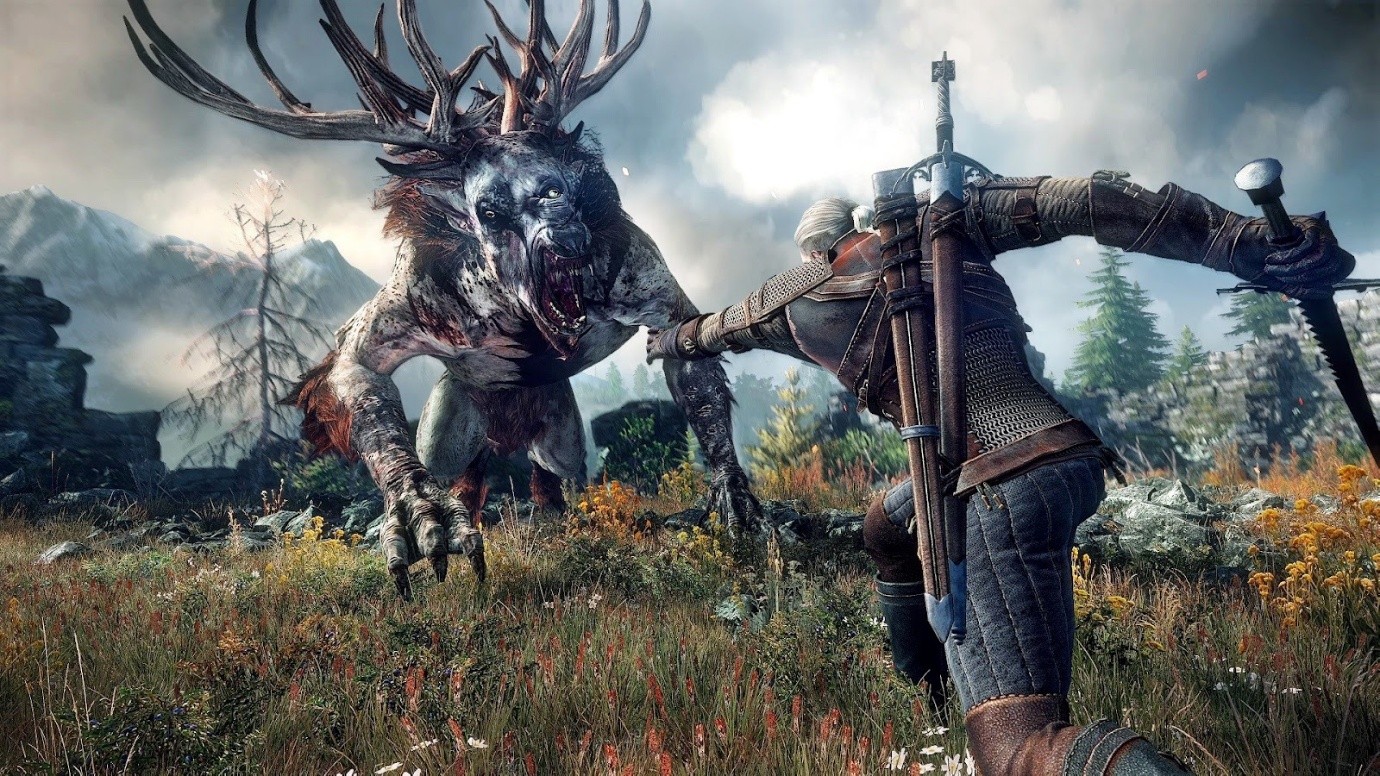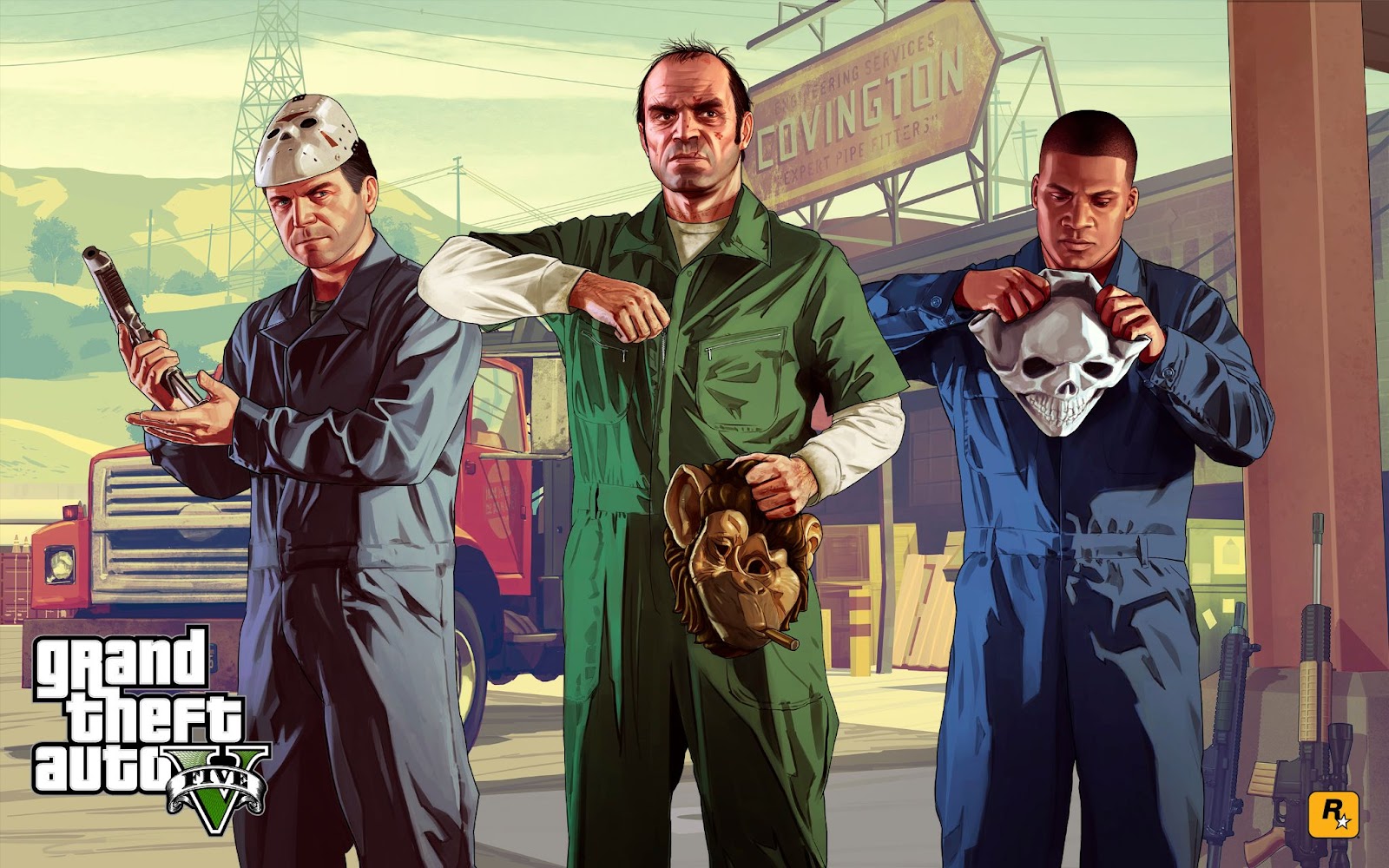When I play open-world games, I’m always struck by how free I feel in these virtual worlds. But over time, I’ve come to realize that my in-game decisions are far from random — they are directly connected to my personal values. Why do I help random NPCs even when I don’t have to? Why do I choose honesty in dialogues, or, on the contrary, sometimes try to deceive? These moments make me reflect on how our personalities shape our gaming behavior. Open-world projects have become a kind of mirror, reflecting who we are beyond the screen.
Moral Dilemmas and Inner Honesty

Many open-world games are built around moral choices: save a village or pursue your own goals, help the weak or act for personal gain, be honest or resort to deceit. These decisions seem purely in-game, but when I think about them, I realize they are closely tied to my personal views and principles. Every time a game presents me with such a choice, it feels like I’m taking a small test of honesty and inner resilience. For example, even in simple mobile games like Board Kings, where they offer board kings free rolls, I choose cautious strategies, avoiding unnecessary risks. I don’t act this way because I’m afraid of losing, but because in real life I’m used to carefully thinking things through, weighing risks and consequences. It’s a reflection of my carefulness and my drive to act thoughtfully, which unexpectedly shows up even when the stakes are just virtual bonuses.
These seemingly small in-game decisions actually reveal how much we carry our real-life values into digital worlds. When I have the chance to act dishonestly in a game — like tricking an NPC or exploiting a bug for my benefit — I usually don’t do it. Why? Not because I’m afraid of punishment (there may not even be any in the game), but because it goes against my personal principles. I understand that even in a virtual space, I want to stay true to my own sense of honesty, fairness, and responsibility. In this way, open-world games become a true mirror, letting me see who I remain even in places where nothing holds me back.
Freedom or Order?

It’s fascinating to observe how, in games where you have full control over your character — like Skyrim or GTA — I find myself facing a choice: should I use that freedom to create chaos, or should I stick to my own principles? The game offers nearly limitless possibilities: you can attack passersby, cause mayhem, provoke guards, or, on the contrary, help everyone you meet and maintain order in the game world. But what do I choose? Can I allow myself to unleash chaos just because there are no real-life consequences? Or do I stay true to my inner rule: don’t harm the innocent, even if the game won’t punish me for it?
The more I play, the more I realize that this choice isn’t just about the game — it reflects how I perceive freedom in real life. For me, freedom isn’t about having no limits; it’s about being responsible for the consequences of my actions. Even in situations where no one is watching what I do (whether in a game or in real life), I feel that I should act according to my internal moral code. And this rule holds even when the whole game world seems to whisper: “Go ahead, break the boundaries — here, anything is allowed.” I believe that in these moments, the game becomes a true test of personal values, showing that we’re ready to maintain order and take responsibility even in places where everything around us pushes toward the opposite.
Values and Self-Identity
I often wonder why, in open-world games, I’m so drawn to certain roles or character classes. Being a mage or a warrior, a thief or a paladin — it’s not just about curiosity or game mechanics that I enjoy. In a way, it reflects how I see myself, my desires, ambitions, and even my dreams. Some people choose the warrior because they seek strength and want to feel invincible; others choose the mage to master hidden knowledge and wield powerful spells; some go down the thief’s path to experience freedom and independence; and others pick the paladin to help others, protect the weak, and stand for justice.
These choices reveal our inner attitudes much more than it might seem at first glance. When I choose a character who heals and supports allies, I might be fulfilling a personal need to care for others. When I go for the lone-wolf path, perhaps I’m living out moments of independence that I sometimes miss in real life. And on the flip side — if I feel drawn to a hero who goes against the system, it may reflect my dissatisfaction with certain limits and rules. In the end, these in-game choices help me understand myself better: what matters more to me — strength, wisdom, honor, or freedom? And that’s exactly why open-world games aren’t just entertainment, but rather a space for self-identification and exploring personal values.
Experiments and Reflection
Of course, one of the most fascinating aspects of open-world games is the chance to try things that feel inaccessible or even impossible in real life. Here, you can take on the role of a villain, a traitor, or a character with immoral beliefs and see where it leads. But as I dive into these experiments, I always notice that I can never fully “turn off” my real values. Yes, I might try playing as a villain or make a few harsh decisions or actions, but at some point, I start to feel internal tension — as if I’m going against myself, betraying what’s important to me.
This discomfort becomes an important signal for me. It shows that even in a virtual world, where everything is conditional and reversible, I still stay true to my inner principles. Games offer a rare opportunity to look at yourself from the outside: what brings me joy, what stresses me, and what gives me that uneasy feeling. These moments become more than just in-game episodes — they turn into genuine reasons for reflection. Why do I feel uneasy, even when doing something bad only inside a game? What truly matters to me if, even in a space of complete freedom, I choose to stay loyal to my moral principles? Such questions, born from gaming experiences, unexpectedly lead me to deeper thoughts about my own personality and values.
Conclusion
Open-world games are not just entertainment; they are a space where our real-life values fully come to the surface. They allow us to see ourselves from the outside, understand what drives us, and sometimes even rethink our perspectives. I believe that this is exactly why games remain so captivating: they give us the chance to be ourselves — even if only in a virtual world.
